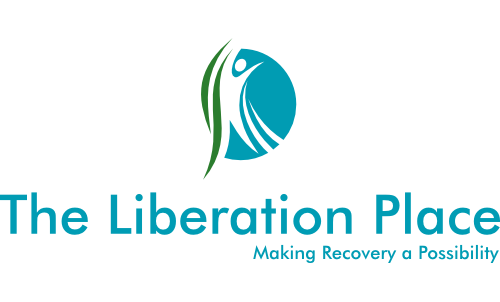The Demanding Critic
When the Demanding Critic is present in our system, our thoughts are focused on how things are supposed to be. The Demanding Critic not only looks at the way that we’re doing things, but it also has eyes on the way that others are behaving in the world around us. The Demanding Critic has a rigid perspective on the nature of the rules we believe should be in place for absolutely everyone. This rigidity of belief revolves around the perspective that there’s only one way to do things, a right way, and anything else is simply wrong. In this mode, there is usually an expectancy of high standards, sometimes even perfectionism, for ourselves, others, and the world around us. This high level of expectation is often coinciding with a relentless pressure for high achievement. It can also be the case that there’s a rigidity to the belief that there are always more things that can be done, and always more that can be accomplished.
The language of the Demanding Critic revolves around black and white, absolute thinking, and it often contains a monologue that’s filled with should and shouldn’t, always and never, have to and cannot type statements. This entire narrative, which only plays out in the internal world, is not only directed at us, but also at the people we’re engaging with, and the world itself in general. The Demanding Critic plays a significant role in the activation of the most debilitating emotional experiences connected to our fear of Guilt and Shame being present in our personality system. The origin of this necessary and important part of our personality is based in our childhood experiences, as it’s usually an internalized version of something we heard directly in the environment around us, or a child’s interpretation of these influential experiences.
“The expectations I placed on myself to achieve things in life was fueled by my schema of Unrelenting Standards, and the behaviour patterns I used to cope with these expectations was instigated by my own internal Demanding Critic.”
~ Steven Morris RP.
The Internal Critics are the instigators in our system. In my own personality, my Demanding Critic would listen to the story that was activated by the events in my environment, and then offer their own rigid and subjective opinion on my performance, along with the way I was supposed to be dealing with the experiences I was having. Many people think the way to work with our Internal Critics is to remove them from our personality system completely, eliminating the presence of “negative self-talk” that perpetuates our feelings of guilt and shame. However, as with all the parts in our personality system, this is not only an impossible thing to do, but also definitely not desirable. If we remove our Internal Critics, we lose the ability for self-critique, and we will never strive to improve our performance in any way.
Our internal Critics are an integral part of our system. The fact that they exist is not the problem. It’s how they communicate with the rest of our parts that creates the uncomfortable emotional experiences we’re reacting too. My Demanding Critic holds me accountable for what I should or shouldn’t be doing. They push me to participate in things that I’m expected to participate in, and they point out the way in which I have to, and always should be, acting and behaving. It’s also worth noting that our Internal Critics are not only operating with beliefs about our own behaviours. The Demanding Critic looks at the behaviours of others and holds them to the expectations associated with the active schema in our system. These demands can be just as harsh, and sometimes harsher, on the people in your life. Expecting that someone speaks to you a certain way, pays attention to you all the time, knows what you want without you having to communicate it, or that you should be treated in a way that’s beyond the ability of the person you are expecting this type of behaviour from.
"Our internal Critics are an integral part of our system. The fact that they exist is not the problem. It’s how they communicate with the rest of our parts that creates the uncomfortable emotional experiences we’re reacting too."
~Steven Morris RP.
My own Demanding Critic was simply regurgitating a narrative it created as a result of my childhood experiences. It learned the critical language it used through the observation and internalization of the environmental influences I faced growing up, and not necessarily from my parents. This internalized thought process doesn’t have to be a representation of the exact things we heard. Instead, it is often a child’s interpretation of the words that were said. So, when working with this part of our personality, it’s important to approach it with validation and education. The intention is to alter the impact it has on our vulnerable parts by changing the way that it communicates its message, not by removing it from our personality. Living the Life we Want to Live means working with our own unique personality system to create the behaviours that support us in achieving the things we want to achieve. This starts with developing our ability to practice the kind of self-talk that promotes positive change, reducing the internal narrative that keeps us stuck in the stories we created as a result of our unmet childhood needs.
Download the Demanding Critic Worksheet
Follow us on Social Media





